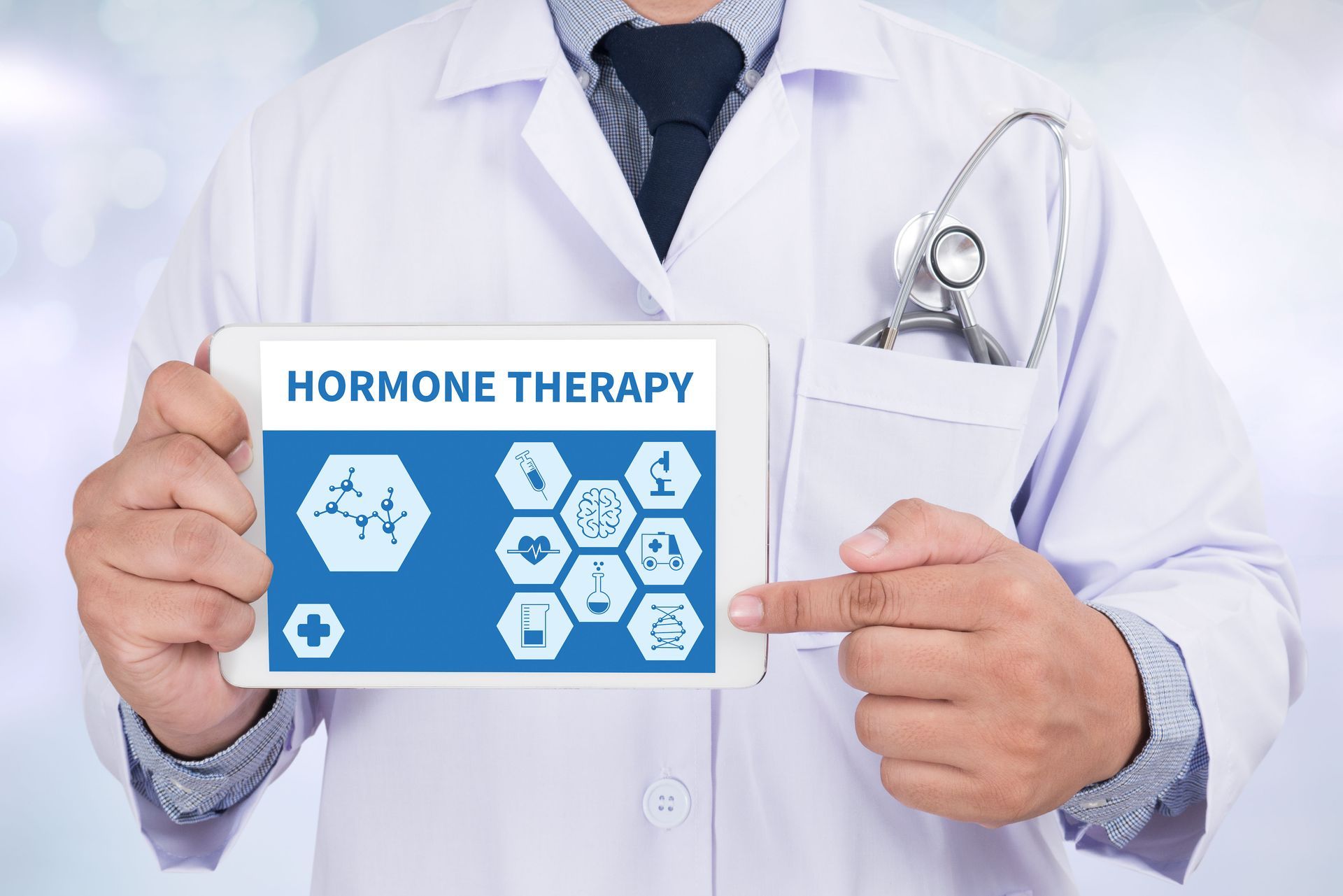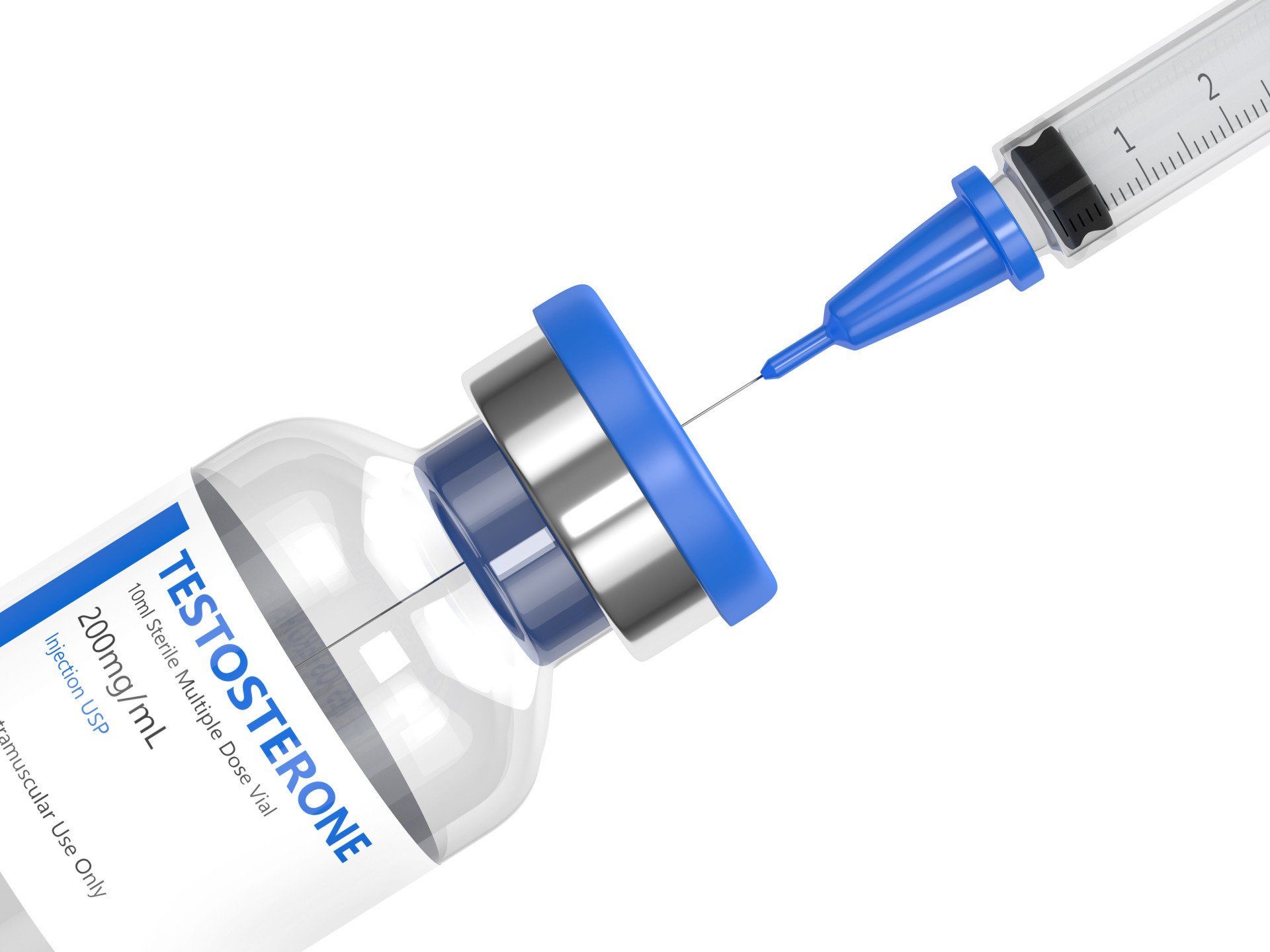5 Ways Low Testosterone Levels May Affect You
Testosterone is an essential hormone that plays a crucial role in the male body. It not only influences sexual characteristics but also affects overall health and well-being. Unfortunately, many men experience low testosterone levels, which can significantly impact various aspects of their lives. According to the National Institute of Health, as a man ages, his body's testosterone drops about 1% each year after he turns 30. This article will explore five ways these low levels may affect you.
1. Decreased Libido and Sexual Dysfunction
One of the primary functions of testosterone is to stimulate sexual desire. Low levels can lead to a decrease in libido and may contribute to erectile dysfunction or difficulty achieving and maintaining an erection. These issues can significantly affect intimacy and strain relationships, causing emotional distress for both partners.
2. Fatigue and Reduced Energy Levels
Testosterone plays a vital role in energy production. When its levels drop, men may experience chronic fatigue, a lack of motivation, and reduced stamina. Simple tasks that were once effortless may become more challenging, impacting productivity and overall quality of life.
3. Mood Changes and Depression
Testosterone affects mood regulation and mental well-being. Men experiencing low testosterone levels may feel more anxious, sad, or unmotivated, and may experience mood swings, irritability, and an increased risk of developing depression. Addressing hormone imbalances with testosterone replacement therapy can improve mood and restore emotional stability.
4. Loss of Muscle Mass and Strength
Testosterone plays a significant role in maintaining muscle mass and strength. Men may experience muscle atrophy and a decrease in overall strength when levels are low. This can make it more difficult to engage in physical activities, leading to a sedentary lifestyle and potential weight gain.
5. Increased Body Fat and Weight Gain
Low testosterone levels are often associated with increased body fat, especially in the abdominal area. Fat cells convert testosterone into estrogen, further exacerbating the hormonal imbalance. This can lead to a cycle of weight gain and reduced testosterone production, creating a challenging situation to break free from. You may benefit from testosterone replacement therapy.
Low testosterone levels can profoundly impact a man's physical, emotional, and sexual well-being. Recognizing the signs and symptoms is crucial to seeking appropriate medical attention and addressing the issue effectively. Consulting with a healthcare professional can help develop a personalized treatment plan for testosterone replacement therapy to restore testosterone levels and improve the overall quality of life. If you think your testosterone levels may be low, call John R Smyer MD today to schedule a testing appointment.









Share On: